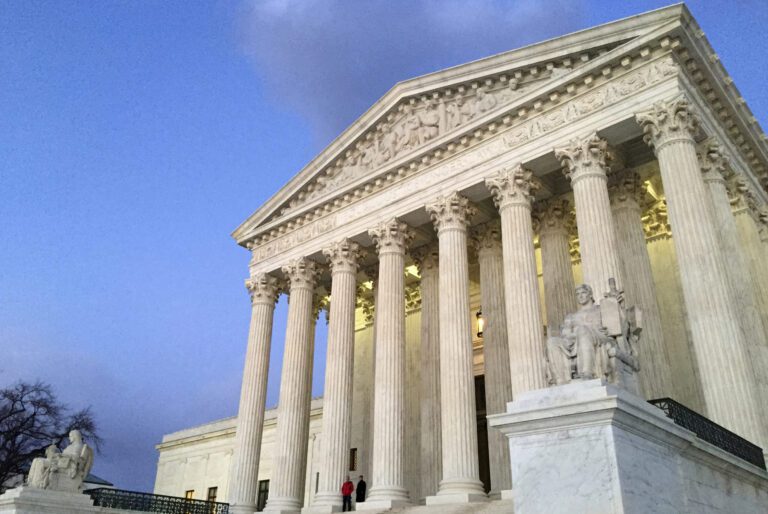DOJ Accuses Federal Judge of Defying Supreme Court Ruling on Immigration
The Department of Justice (DOJ) has initiated a significant legal uproar, filing a motion on Tuesday aimed at challenging the actions of a federal judge appointed by President Biden. The DOJ accused U.S. District Court Judge Brian E. Murphy of “unprecedented defiance” following a pivotal Supreme Court decision issued a day earlier.
Background to the Dispute
The tension between the DOJ and Judge Murphy stems from a recent ruling that allowed the Trump administration’s request to lift a nationwide injunction. This injunction had mandated that immigrants must receive "meaningful" notice before facing deportation to countries with which they have no previous connections.
Key Developments
-
Supreme Court Ruling
On Monday, the Supreme Court issued a 6-3 decision that effectively nullified a prior injunction placed by Judge Murphy. -
Judge Murphy’s Response
Following the Supreme Court’s ruling, Judge Murphy insisted that his earlier order—issued in May—remained in effect, stating that the deportation restrictions persisted "notwithstanding today’s stay of the preliminary injunction." - DOJ’s Reaction
The DOJ’s chief of staff, Chad Mizelle, characterized Judge Murphy’s actions as a blatant defiance of the Supreme Court, framing it as an "Article III insurrection." In a post on X, he noted:"When a single district judge immediately and flagrantly defies the Supreme Court, that is not the rule of law."
Stakes for Migrants and the Justice System
At the heart of this legal dispute is whether Judge Murphy’s May order, which prevents the deportation of eight migrants to South Sudan, was rendered ineffective by the Supreme Court’s ruling. These migrants, currently detained in an American facility in Djibouti, argue they face potential persecution if returned to South Sudan.
- DOJ’s Position
The DOJ firmly believes that the Supreme Court’s decision vacates any prior injunctive relief and stated:“There is currently no injunction in place barring the removal of the criminal aliens in Djibouti.”
The Complexity of the Ruling
Adding to the confusion, the Supreme Court did not directly clarify which elements of Judge Murphy’s orders were overturned. Dissenting opinion from Justice Sonia Sotomayor highlighted her belief that Judge Murphy’s May ruling remained intact:
“Apparently, the court finds the idea that thousands will suffer violence in far-flung locales more palatable than the remote possibility that a district court exceeded its remedial powers.”
Implications Going Forward
The ongoing clash between the DOJ and Judge Murphy encapsulates a broader struggle over judicial power and immigration enforcement in the United States.
Summary of Key Points
- Accusations: The DOJ accuses Judge Murphy of defiance against a Supreme Court ruling.
- Judicial Orders: The dispute involves deportations to South Sudan currently paused by Judge Murphy’s ruling.
- Political Fallout: Both sides are framing the narrative, with the DOJ maintaining that the decision empowers executive action against specific illegal immigrants.
- Future Uncertainty: Legal interpretations may continue to evolve as the implications of this case unfold.
For further reading on the implications of immigration law in the United States, consider checking sources like Pew Research and the American Civil Liberties Union (ACLU).


